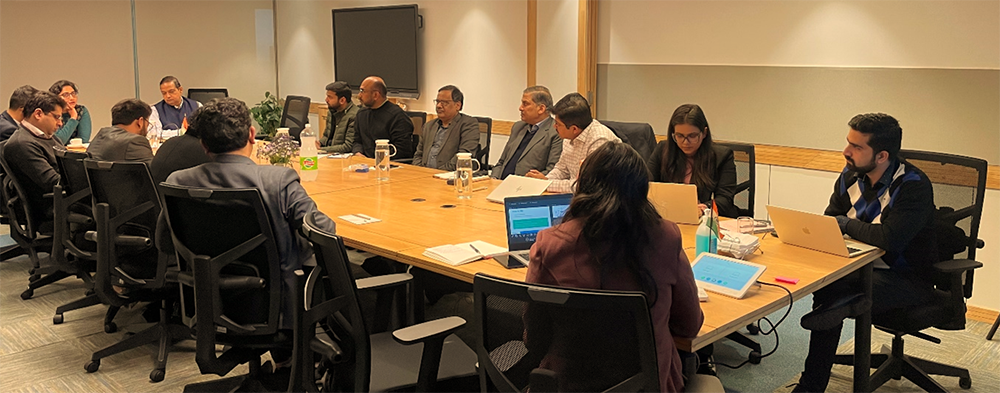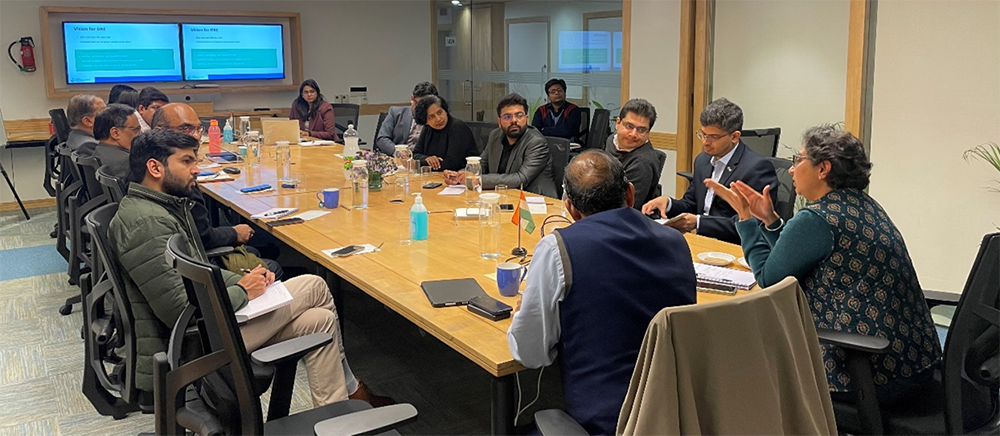The Clean Power team of Shakti Sustainable Energy Foundation organised it’s fourth session as part of the Annual Work Planning Workshop on ‘Future of Distributed Renewable Energy (DRE) in India’ on January 31, 2024, in New Delhi. The workshop attracted participants from diverse backgrounds, including academia and distributed renewable energy developers, contributing to a holistic discussion on the sector’s trajectory.

Amidst India’s ambitious targets to increase the share of renewables in its energy mix by 2030, the workshop aimed to address the critical role of DRE in meeting these goals. The focus extended to reducing the carbon footprint, enhancing energy resilience, and fostering community development. The event emphasised the need for long-term pathways to strengthen last-mile access, aligning with the country’s 500 GW renewable energy pledge.

The workshop highlighted India’s current standing with approximately 11 GW of distributed RE capacity, primarily in rooftop solar installations. It underscored the potential of DRE to transform last-mile beneficiaries into small-scale consumers, creating opportunities for innovation in electricity business models, micro-financing, community engagement, job creation, and technology advancement.
Government initiatives, such as those led by the Ministry of New and Renewable Energy (MNRE) and Ministry of Panchayati Raj (MoPR), were acknowledged for promoting DRE through schemes, subsidies, and policy reforms. The discussion delved into the recent induction of Renewable Purchase Obligation (RPO) compliance for DRE, solarisation in vulnerable tribal groups (VTG) habitats, and the Village Level Energy Independence (Gram Urja Swaraj) programme.
The workshop seized the momentum to identify gaps hindering DRE’s mainstream adoption and aimed to position it as a comprehensive solution to address ecosystem-level barriers. The consultation sought to share insights, foster dialogue, and encourage partnerships among key players in the DRE ecosystem. Key questions centered around envisioning the evolving DRE sector in the digital age, creating innovative business opportunities for increased electricity use, and mobilising finance through industry collaboration and investor engagement.
